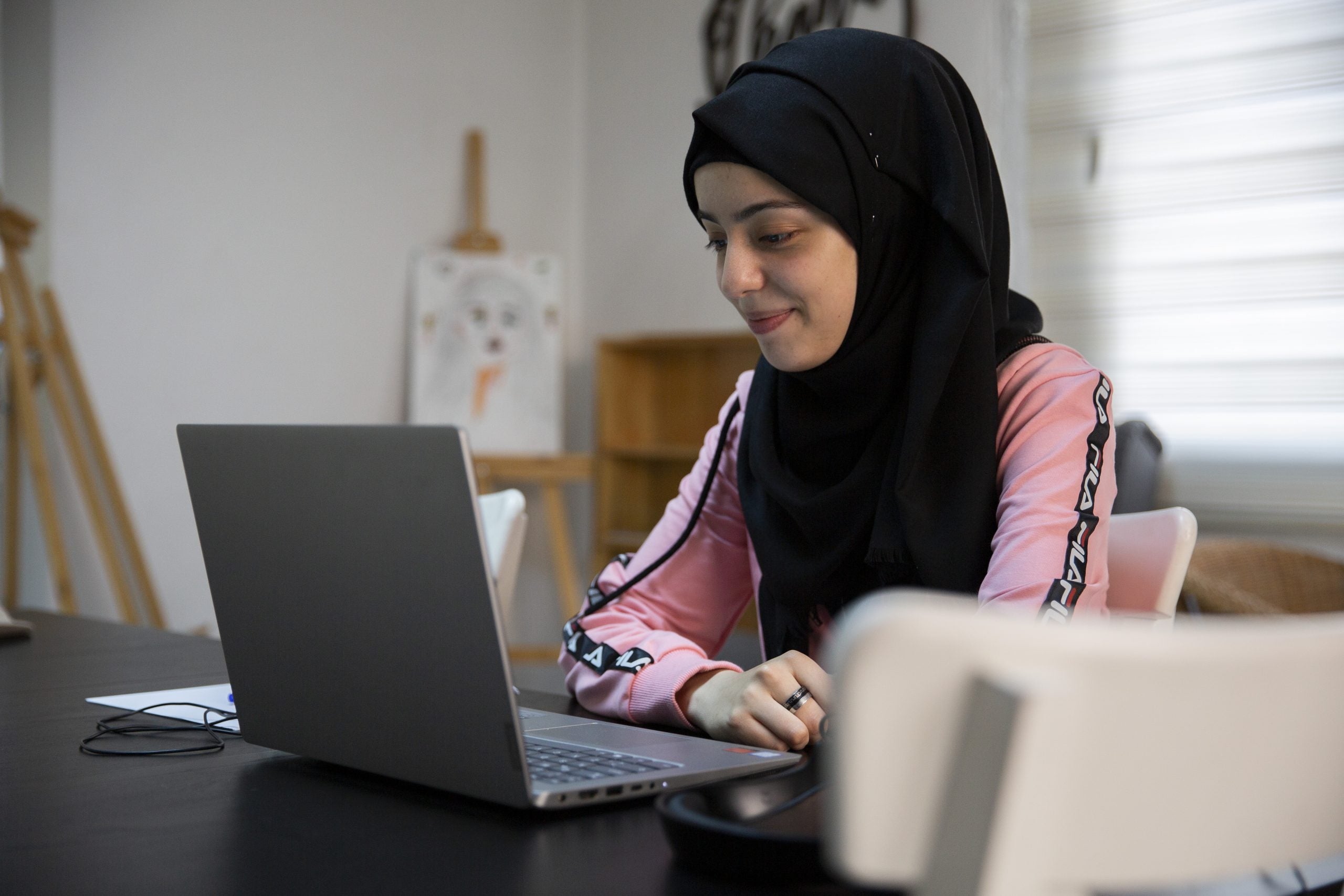-
$48464301.65
Total Investments152
Total Grants
Subscribe to Our Newsletter
We champion the value and impact of virtual exchange.
We empower our network to create more opportunities for rising generations.
We advance approaches to scale and chart a course for the future.
Virtual exchange uses everyday technology to connect young people from around the world for learning and collaboration, immersing them in digital spaces to gain practical skills and build friendships along the way.
Learn more about the programs we support here.

Celebrating 10 Years of Impact
Explore highlights from our journey, see the global impact of our partners and participants, and reflect on the milestones that have shaped our work.
Learn More
The Stevens Initiative partners with the U.S. Department of State on JCSVEI programs. We are reviewing this website to ensure compliance with recent executive orders and other guidance.
Connect With Us